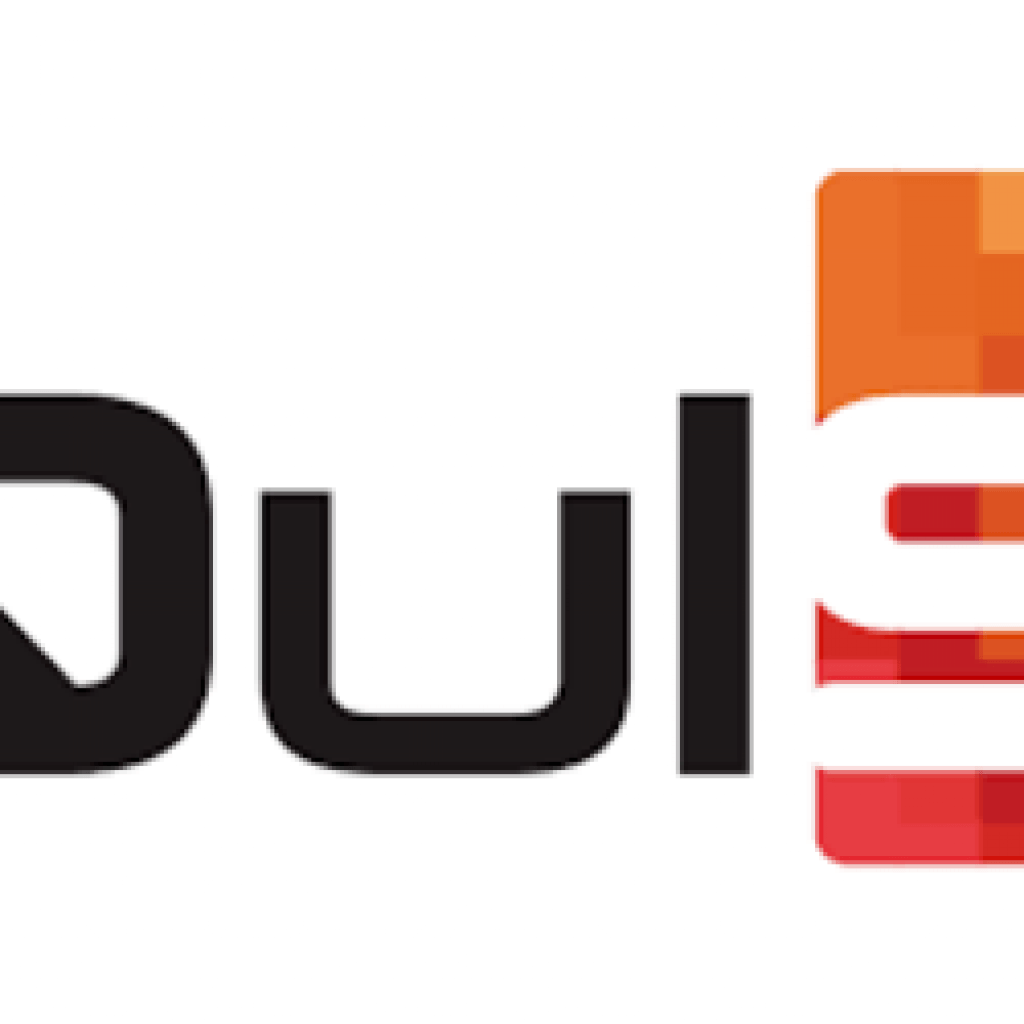(News.MIT.edu) An annual MIT quantum computing hackathon, MIT iQuHACK 2022 was held virtually with 400 participants from 57 countries. MIT News covered the event in detail, and IQT-News shares highlights below.
While all iQuHACK participants had access to quantum computers, they arrived at the hackathon with different levels of experience. Some hackers came in with experience programming quantum computers — computers that use quantum mechanics to solve problems too difficult for normal “classical” computers, with applications such as stronger encryption methods for more secure messaging and complex molecular simulation for faster drug development.
This year’s iQuHACK was hosted by the MIT Interdisciplinary Quantum Information Science and Engineering (iQuISE) program, a student-run group of MIT graduate students and postdocs. The organizing iQuHACK committee consisted of Carlos Errando Herranz, Shantanu Jha, Jawaher Almutlaq, Shoumik Chowdhury, Hamza Raniwala, Maddie Sutula, Eric Bersin, and Michael Walsh.
The first day of iQuHACK brought participants up to speed with the nuts-and-bolts of quantum computing. Hackers could attend tutorials on how to use the IonQ/Microsoft and Quantum Inspire platforms and also drop into “office hours” for help with setting up the necessary software tools. Later, when the hackathon was in full swing, participants could seek guidance on their projects from experienced quantum computing professionals in industry and academia, who served as hackathon mentors. “The most intimidating thing is to get something working,” Knapen says of the online quantum chat server.
Despite being a virtual event, iQuHACK created a strong sense of community, bringing together quantum computing enthusiasts from around the world. Many hackers capitalized on the virtual format, forming teams with members scattered across multiple countries. Frederik Hardervig, an undergraduate student studying in Germany this semester, had participated in iQuHACK last year as a one-person team and was extremely eager to assemble a multi-person team this year.
Sandra K. Helsel, Ph.D. has been researching and reporting on frontier technologies since 1990. She has her Ph.D. from the University of Arizona.
